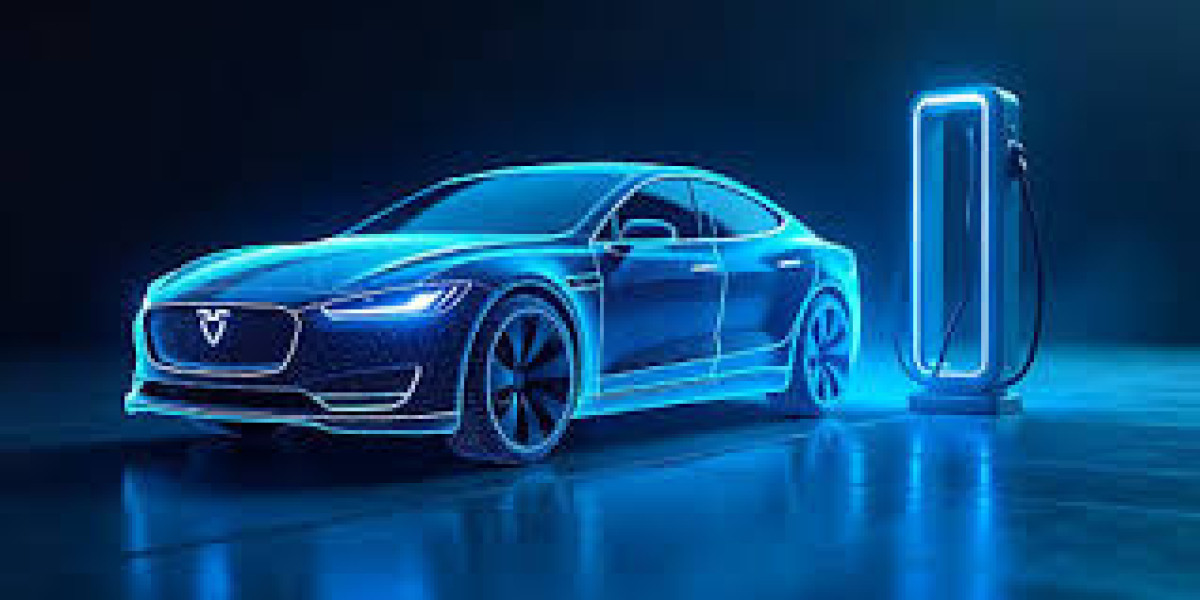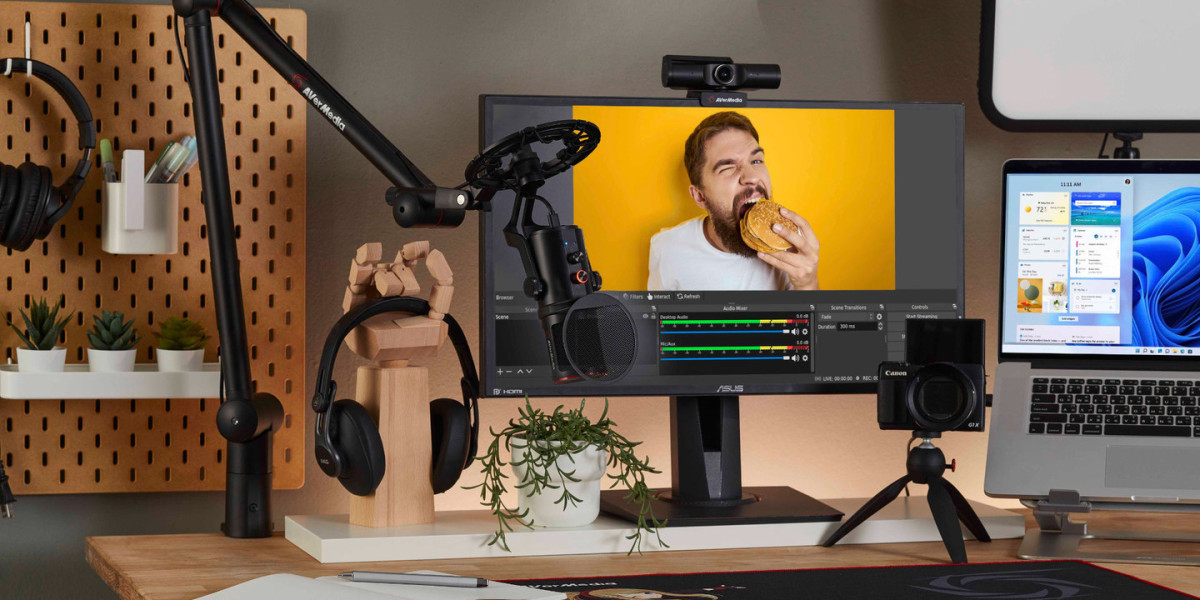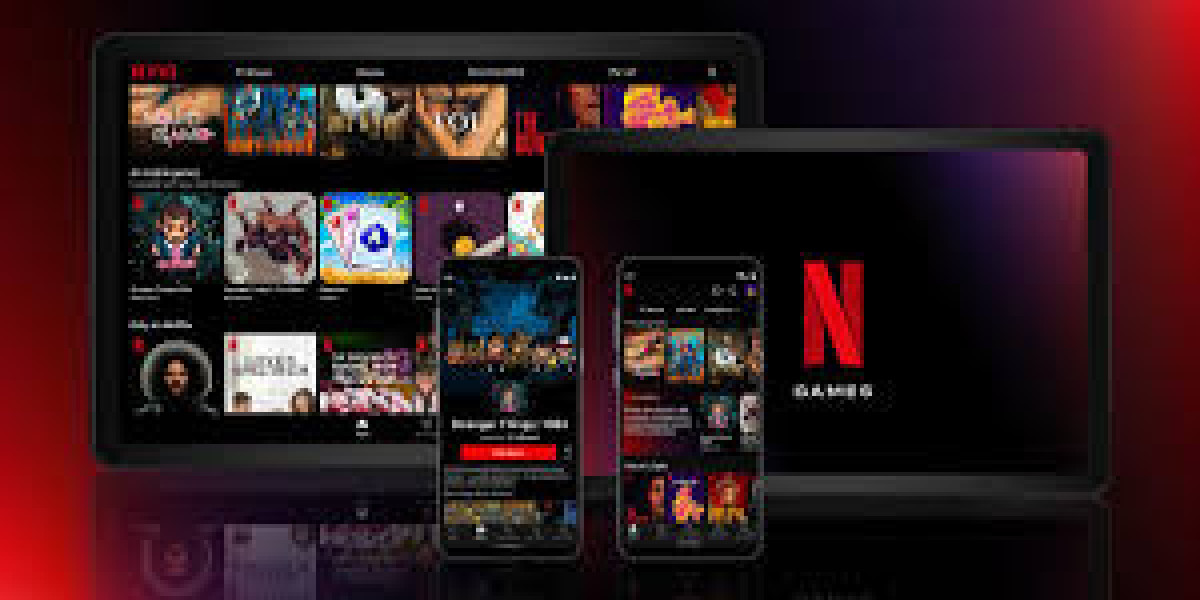Politics has always relied on persuasion, communication, and strategy. But in the 21st century, a new player has entered the game: artificial intelligence. From predicting voter behavior to creating persuasive ads, AI is reshaping elections and raising important questions about the future of democracy.
1. AI in Election Campaigns
Political campaigns now use AI to analyze vast amounts of voter data. Machine learning models can predict which issues matter most to different communities, allowing campaigns to deliver hyper-targeted messages. Instead of mass messaging, AI enables micro-campaigning — speaking to each voter individually.
2. Social Media and Personalization
Platforms like Facebook, X (Twitter), and TikTok already use algorithms to decide what content people see. Political strategists are leveraging this to deliver personalized ads, memes, and videos. AI ensures that voters are more likely to see political messages that resonate with their beliefs, increasing persuasion power but also deepening political polarization.
3. The Threat of Deepfakes and Misinformation
One of the darkest sides of AI in politics is the rise of deepfakes — realistic videos or audio recordings generated by AI. Imagine a fake video of a candidate making offensive remarks just days before an election. Even if debunked later, the damage could be irreversible. Combating misinformation will become one of the greatest challenges for democracies worldwide.
4. AI for Governance
AI is not just about elections. Governments are beginning to use AI for policymaking, law enforcement, and public services. For example, AI can analyze economic data to design better policies or monitor traffic patterns to improve city planning. However, critics warn of surveillance risks and bias in AI systems if not carefully regulated.
5. Global Impacts
Different countries are approaching AI in politics differently. In the U.S. and Europe, debates over regulation are heating up. Meanwhile, countries like China are using AI extensively for governance and social monitoring. How AI is deployed globally will influence the balance of power in the 21st century.
Conclusion
Artificial intelligence is transforming politics, making campaigns smarter, more efficient, but also more dangerous in terms of misinformation and manipulation. The future of democracy will depend on how societies balance AI’s benefits with its risks. One thing is certain: AI will remain a powerful political tool in elections to come.





